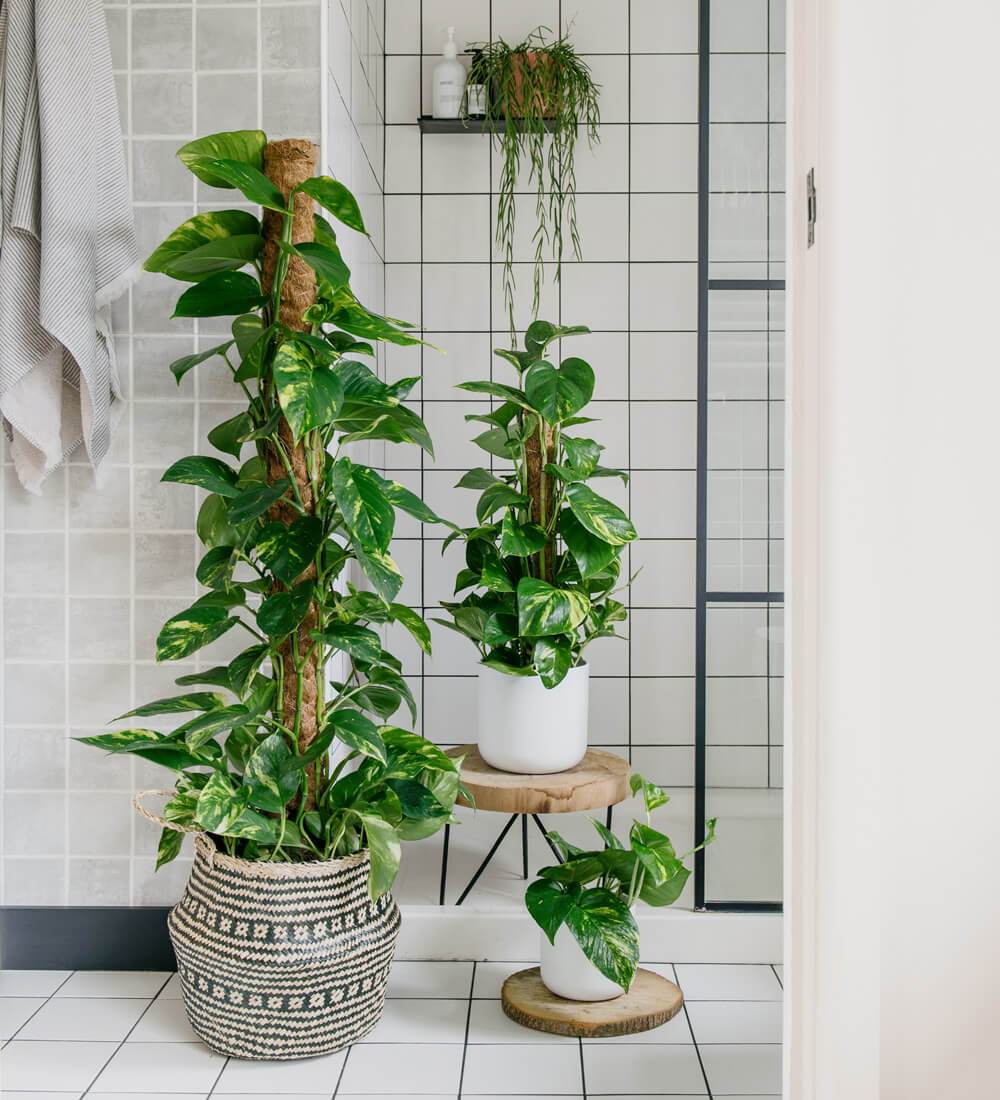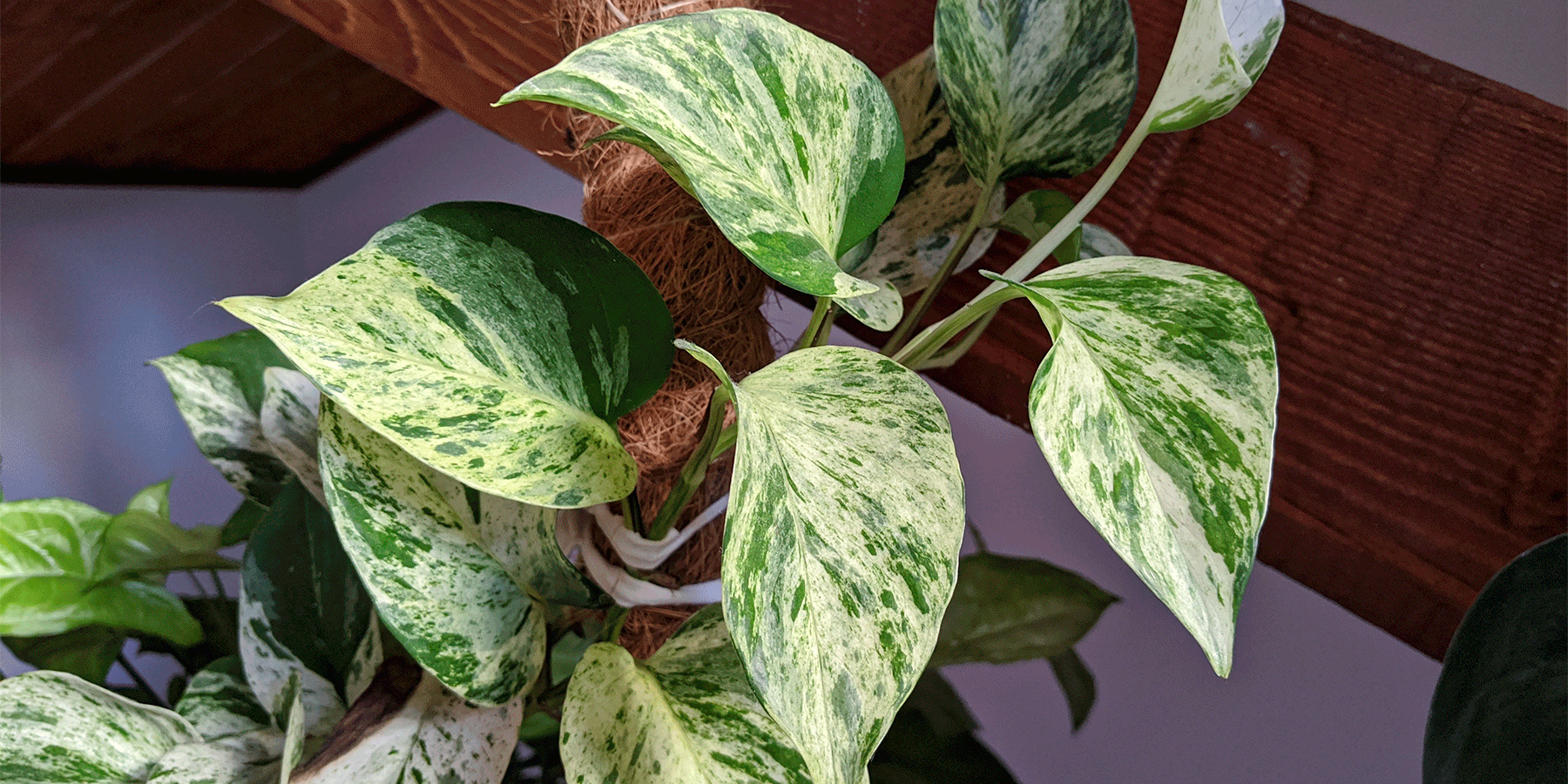Devils Ivy, scientifically known as Epipremnum aureum, is a popular houseplant renowned for its hardiness and adaptability. This versatile vine is a member of the Araceae family and is native to tropical regions of Southeast Asia. Its ability to thrive in low-light conditions and its tolerance to neglect make it an ideal choice for both seasoned gardeners and beginners.
Unique Characteristics
One of the most striking features of Devils Ivy is its unique foliage. The plant typically produces heart-shaped leaves that can vary in color from solid green to variegated patterns of green, yellow, and white. These variations are a result of genetic mutations and can create stunning visual displays. The leaves are often glossy and have a waxy texture, adding to their overall appeal.
Growth Habits
Devils Ivy is a vigorous climber and can grow to considerable lengths if provided with adequate support. It can be trained to climb a moss pole, trellis, or simply allowed to cascade over the edge of a pot. The plant produces aerial roots that help it to adhere to surfaces and absorb moisture from the air. This adaptability allows it to thrive in a variety of growing conditions.

Care and Maintenance
Devils Ivy is a relatively low-maintenance plant, making it a great option for busy individuals. It prefers bright, indirect light but can tolerate low-light conditions. However, in low-light environments, the plant may experience reduced growth and loss of variegation. Regular watering is necessary, but it is important to avoid overwatering, as this can lead to root rot. Allowing the soil to dry out slightly between waterings is generally recommended.
Propagation
Devils Ivy is easy to propagate, making it a great plant for sharing with friends and family. The plant can be propagated from stem cuttings. Simply take a cutting of a healthy stem, remove the lower leaves, and insert it into a pot of well-draining potting mix. The cutting should root within a few weeks, and the new plant can then be potted up and grown on.
Benefits of Devils Ivy

In addition to its aesthetic appeal, Devils Ivy offers several benefits for indoor environments. The plant is known to help purify the air by removing toxins such as formaldehyde and benzene. It can also help to increase humidity levels, which can be beneficial for respiratory health. Additionally, studies have shown that the presence of indoor plants can have a positive impact on mental well-being and reduce stress levels.
Conclusion
Devils Ivy is a versatile and easy-to-care-for houseplant that can add a touch of greenery to any indoor space. Its unique foliage, adaptability, and air-purifying qualities make it a popular choice among plant enthusiasts. Whether you are a seasoned gardener or just starting out, Devils Ivy is a great plant to consider for your collection.








